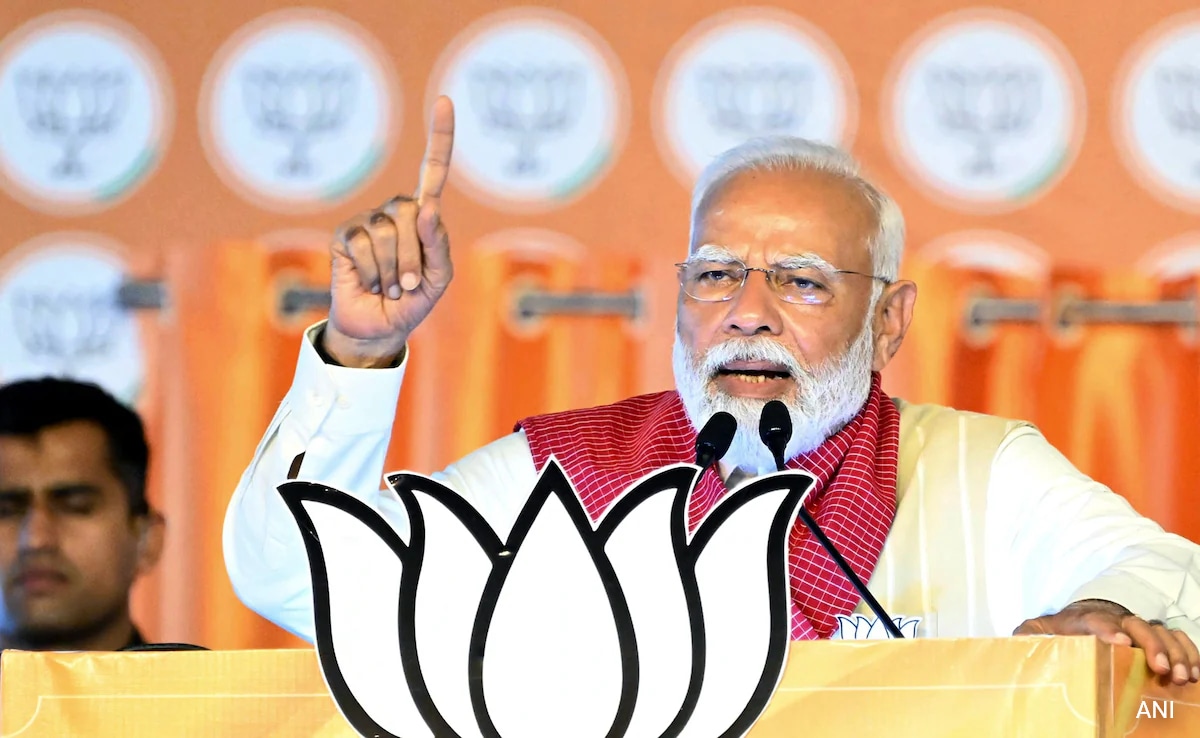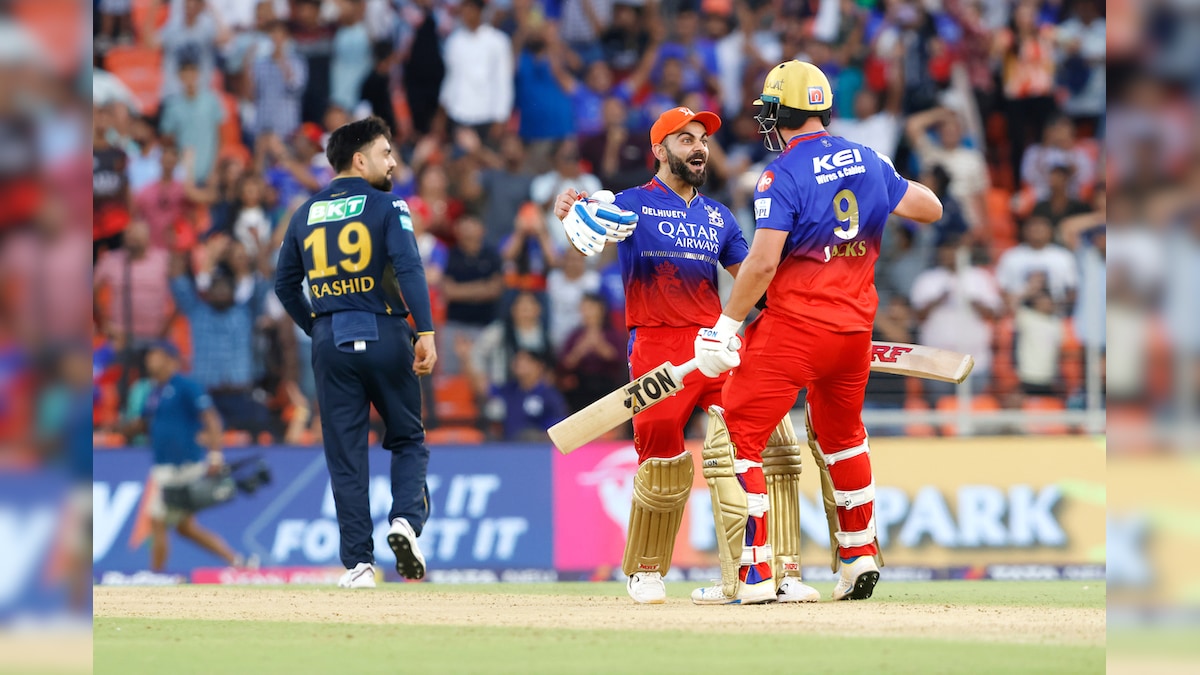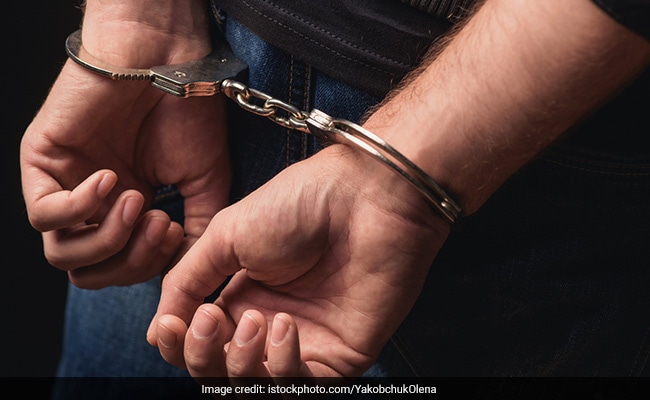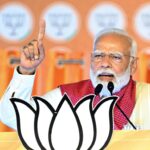
The Congress runs a Rahul Gandhi WhatsApp group where the leader interacts with people. (document)
New Delhi:
As the country prepares for the world’s largest election campaign, communication platforms such as WhatsApp and social media influencers have become the preferred medium for political parties to influence the psyche of voters, advertising experts and political analysts say.
In the run-up to the 2024 Lok Sabha elections, political parties have made extensive use of social media to promote their achievements and seek support from voters.
The Bharatiya Janata Party is trying to engage with voters by sending them a personalized “PM’s letter” on WhatsApp (which has more than 500 million monthly active users in India), highlighting the achievements of the Narendra Modi government and seeking Feedback from voters.
The party launched the “My First Time Voting for Modi” website, which allows visitors to pledge their vote for Modi and submit a video explaining the reasons behind their choice. The website also publishes several short videos highlighting the development work done by the NDA government.
The Congress party, on the other hand, runs a Rahul Gandhi WhatsApp group where the leader is said to interact with people and answer their queries.
The circulation of WhatsApp messages is monitored at the district level to ensure that it reaches the masses and corrects the party’s voter base.
“Whichever political party has a higher WhatsApp group can communicate with voters faster and better. This helps them instantly highlight their achievements among their large user base and influence by drawing parallels with the opposition Voters,” Amitabh Tiwari said during the election. say analysts and commentators.
Tiwari said Facebook was once the most popular platform for social media campaigns, but its performance has declined due to numerous restrictions on advertising on political pages.
According to data collection and visualization platform Statistica, Facebook has 366.9 million users.
“Political parties choose social media platforms as they help them connect with the masses instantly, without too many restrictions, and have a huge user base. There are many other platforms like Instagram or Twitter that cater to specific audiences and have different formats ,”He said.
According to Election Commission data, the BJP spent a total of Rs 325 crore on media advertising (print and electronic editions, bulk SMS, cable TV websites, TV channels, etc.) during the 2019 Lok Sabha polls, while the Congress spent 325 crores. Expenditure of Rs 356 crore.
Ankit Lal, founder of Politique Advisor and former IT cell head of the Aam Aadmi Party, said that the perception of social media as an information tool has changed significantly in the wake of the COVID-19 pandemic.
“Many political parties are now employing digital-first strategies in their poll campaigns to connect with voters who rely heavily on social media for information. Social media influencers have become another important medium for political parties trying to influence mobile audiences. Don’t vote, engage instead Consuming narratives,” he said.
Social media influencers take the lead Over the past few months, several political leaders have appeared on the YouTube channels of popular social media influencers to connect with young audiences.
BJP leaders like S Jaishankar, Smriti Irish, Piyush Goyal and Rajeev Chandrasekhar were interviewed by podcaster Ranveer Allahabadia, who has over 7 million followers on YouTube.
Congress leader Rahul Gandhi also joined Kamia Jani, founder of travel and food video podcast Curly Tales, for a candid chat over a meal.
Tiwari said that in the 2014 general elections, the BJP had a first-mover advantage in using social media for campaigning because many leaders were not on these platforms.
“Because others (the opposition) did not realize the importance of social media for the campaign at the time, the ruling party was able to have a greater impact,” he said.
Congress leader Rahul Gandhi, who joined X in 2015 when it was still Twitter, has 25.1 million followers. Prime Minister Narendra Modi joined X in 2009 and is currently followed by 96.3 million people.
Impact of social media activity on poll results Explaining the importance of social media activity on poll results, Lal said: “With internet penetration reaching 40 per cent, in an assembly constituency with an average population of 200,000 people, there is potential to influence 75,000 people.” Reaching 80,000 people through digital media. In any parliamentary election, even a difference of 5,000 votes is a decent margin of victory or defeat. ” Other analysts, however, are skeptical of social media’s power to turn people into voters.
They say it requires more analysis and research.
Political science professor and polling analyst Chambi Pranik said campaigning on social media may not sway the opinions of traditional voters or party supporters with fixed loyalties.
He said that as elections approach, factors of loyalty such as caste and local affiliation will have a much greater impact on traditional voters. “The popularity, credibility and charisma that the party faces in the elections will also affect voters.” Meanwhile, India’s former Chief Election Commissioner SY Quraishi stressed the need to regulate social media campaigning by political parties, saying that the E.U. The Commission should talk to tech companies to strengthen their mechanisms for removing posts that reportedly violate poll rules.
Do electoral bonds have an impact? Tiwari observed that the amount of money political parties spend on campaigns does not necessarily affect who wins and who loses.
He said that there are many factors causing this situation, including the party’s face, public image, issues raised by the party, etc.
On Thursday, the Election Commission released data on electoral bonds purchased between April 2019 and February 2024.
Data shows that the Bharatiya Janata Party received the highest amount of donations through bonds at Rs 6,566 crore, accounting for 54.77%, followed by the Congress Party, which received Rs 1,123 crore, accounting for 9.37% of the total. PTI SJJ Vietnam Vietnam
(Except for the headline, this story has not been edited by NDTV staff and is published from a syndicated feed.)
wait reply load…
Follow us on Google news ,Twitter , and Join Whatsapp Group of thelocalreport.in
















